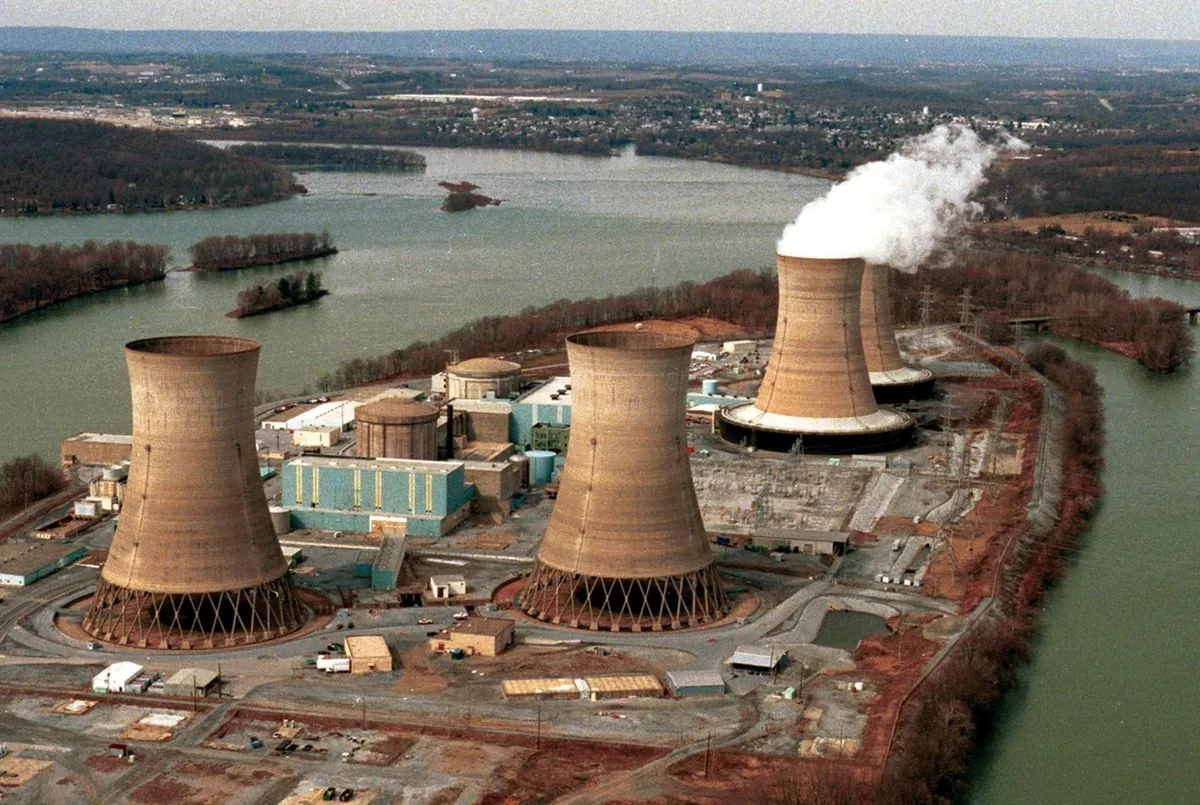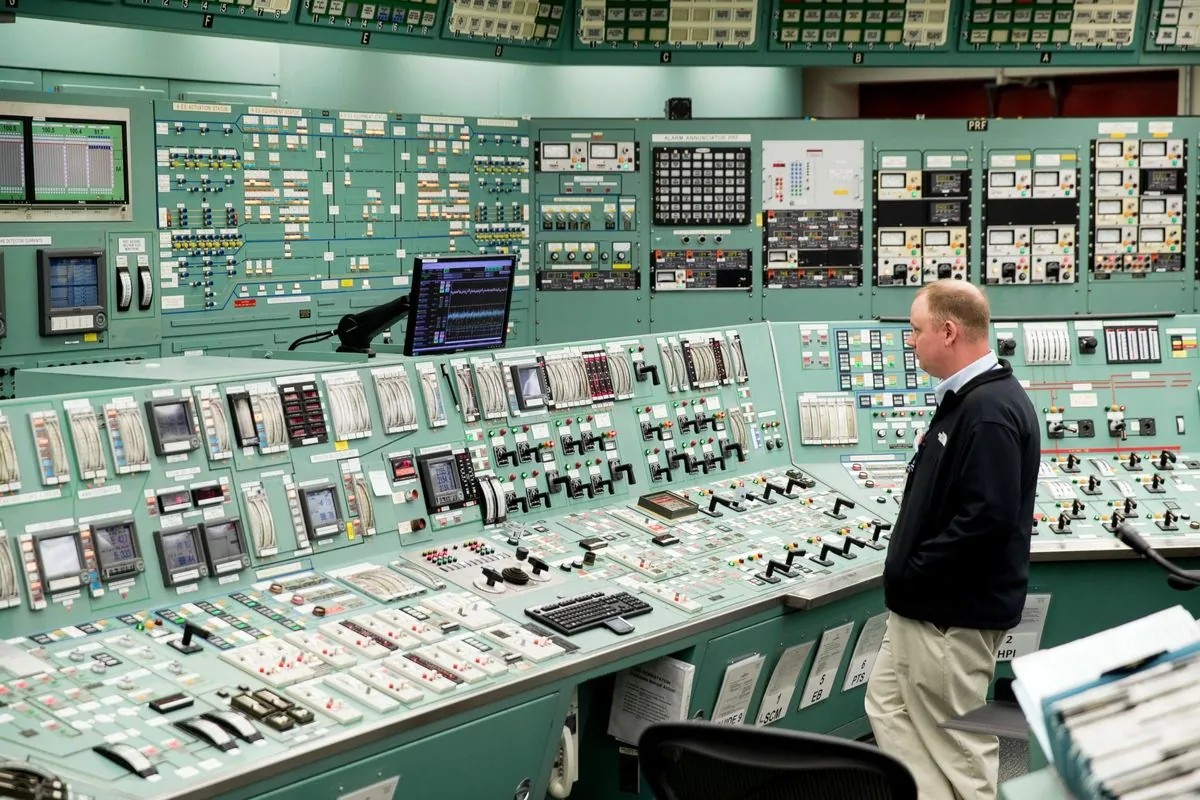Three Mile Island Revival: $1.6B Loan Bid for Microsoft's Data Centers
Constellation Energy seeks federal backing to restart Three Mile Island, aiming to power Microsoft's data centers. The controversial plan involves a $1.6 billion loan guarantee and significant tax credits.

Constellation Energy, owner of the inactive Three Mile Island nuclear facility, is pursuing a $1.6 billion federal loan guarantee to finance its ambitious plan to recommission the plant. The company aims to sell the generated electricity exclusively to Microsoft for powering its data centers, as revealed in details of the application shared with The Washington Post.
This unprecedented move could significantly benefit both Constellation Energy and Microsoft in their quest to secure zero-emissions power for the tech giant's expanding data center operations. Microsoft, a leader in the artificial intelligence field, requires substantial amounts of electricity to fuel its computing needs.
The plan to revive Three Mile Island, located in Pennsylvania, has garnered support from political figures, including Governor Josh Shapiro. However, it has also sparked debate among energy experts regarding the merits of providing federal subsidies for the project.

The loan guarantee application, submitted to the U.S. Department of Energy in May 2024, has progressed through initial review stages. If approved, it could potentially save Constellation up to $122 million in borrowing costs for the restart operation. This financial backing would be in addition to federal tax credits, established by the Inflation Reduction Act of 2022, which could be worth nearly $200 million annually for the companies involved.
"Rest assured that to the extent we may seek a loan, Constellation will guarantee full repayment. Any notion that taxpayers are taking on risk here is fanciful given that any loan will be backstopped by Constellation's entire $80-billion-plus value."
The proposed restart of Three Mile Island raises several important considerations:
- Safety concerns: The plant was the site of the worst nuclear accident in U.S. history in 1979.
- Economic viability: The reactor was shut down in 2019 due to economic factors.
- Regulatory hurdles: Extensive safety inspections by the Nuclear Regulatory Commission will be required.
- Environmental impact: Nuclear power is considered a zero-emission energy source, aligning with clean energy goals.
- Market dynamics: The plan challenges traditional power market structures by dedicating an entire plant's output to a single company.
Constellation plans to have the plant operational by 2028, renaming it the Crane Clean Energy Center. The company has signed a 20-year contract with Microsoft for the power purchase, though pricing details remain undisclosed.
Critics argue that the plan may be overly optimistic in terms of timeline and costs. Evan Caron, co-founder of Montauk Climate, expressed skepticism about the project's feasibility and potential risks to taxpayers and ratepayers.
However, supporters like John Parsons, an energy economist at MIT, argue that reopening nuclear power plants is a viable option to meet the increasing demand from data centers while maintaining zero-carbon energy sources.
The outcome of this ambitious project could have significant implications for the future of nuclear energy in the United States and the role of big tech companies in shaping the energy landscape. As the debate continues, all eyes will be on Three Mile Island and its potential resurrection as a symbol of nuclear power's resurgence in the clean energy era.


































